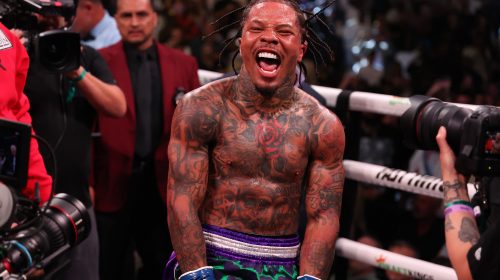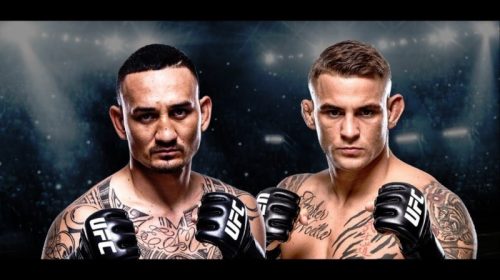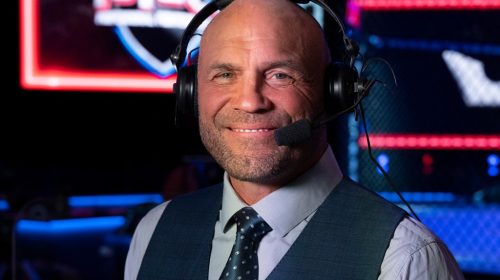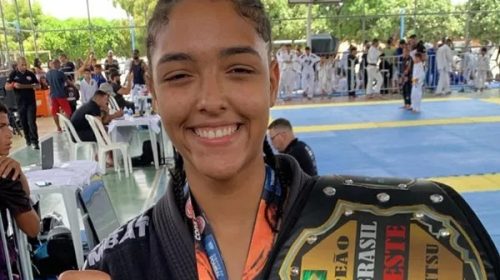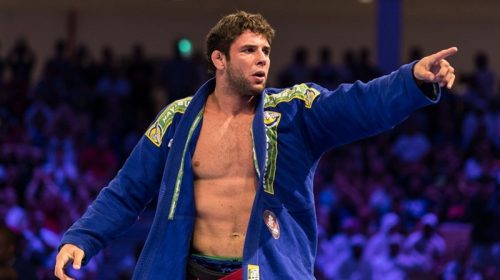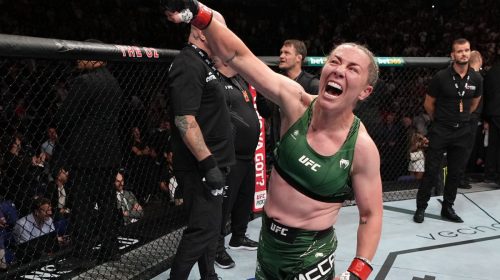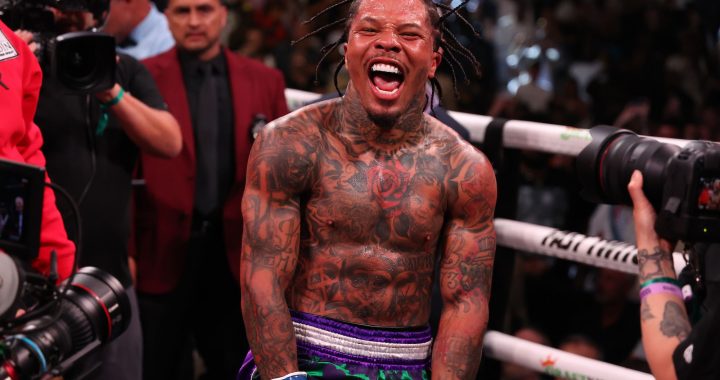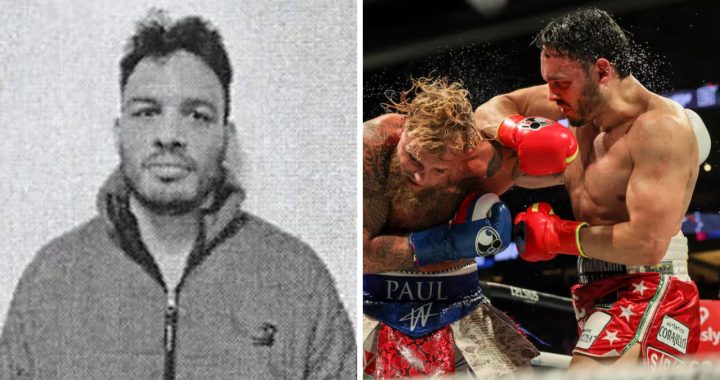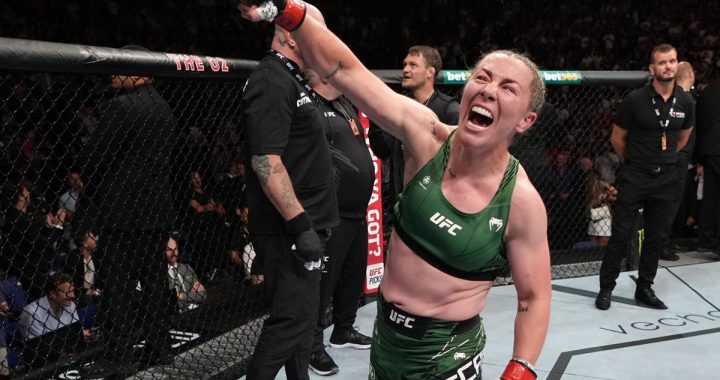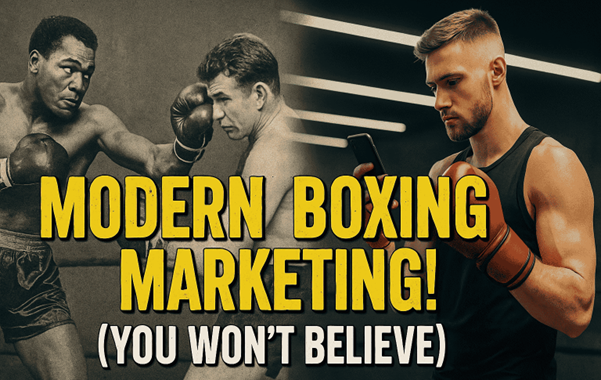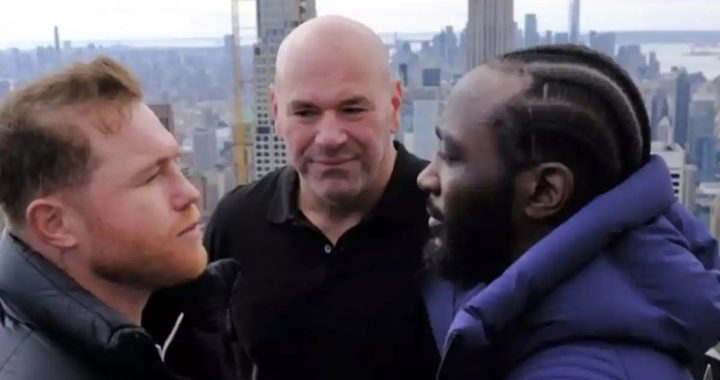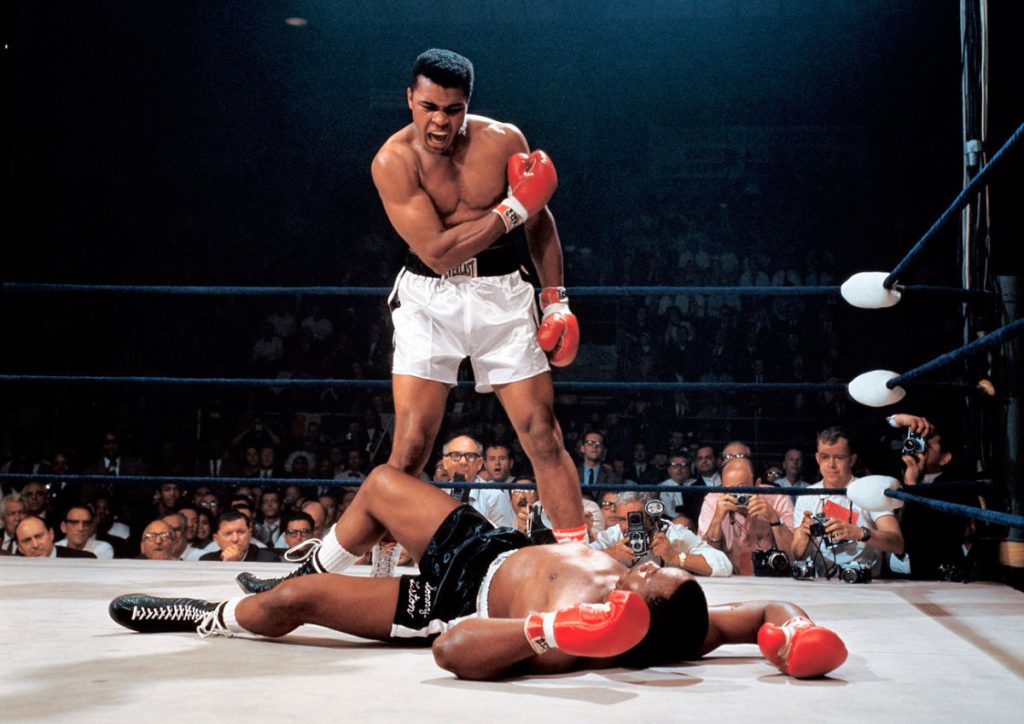
Boxing Across the Nation: Maine – Liston/Ali II Putting A State On The Map
Boxing has been a part of the American sports scene since the 1700s by way of England. It started by infiltrating the larger port towns before eventually working its way into the lexicon of America. Now it showcases some of the most talented combat sports athletes in the world. We will embark on a 50-part saga exploring the best boxers representing the United States. Some states will have more athletes to choose from than others, but the journey will be quite the ride. Let’s embark on the journey looking at an interesting fighter or bout from each state. Next, we look at our 19th entry, the state of Maine.
Check out the 18 states we have covered by clicking below:
Alaska-Hector Camacho vs John Montes Card
Arizona-Hall of Famer Michael Carbajal
Arkansas-The Tragic Story of Sonny Liston
California-The Underappreciated Career of Andre Ward
Colorado-Boxing’s First Mega Star Jack Dempsey
Connecticut-Boxing’s Wins Leader Willie Pep
Delaware-The Night Dave Tiberi Almost Shocked the World
Florida-Pryor vs Arguello Showered In Controversy
Georgia-The Tragic Story of Cleveland “Big Cat” Williams
Hawaii-“The Hawaiian Punch” Brian Viloria
Idaho-The Sad Tale of Ed Sanders
Illinois-“The Drunken Master” Emanuel Augustus
Indiana-The Life and Antics of Kid McCoy
Iowa-Michael Nunn: In the Ring and in the Prison
Kansas-Jess Willard: “Pottawatomie Giant” Lives in Boxing History
Kentucky-Davey Moore: Losing It All In The Ring
Louisiana-Harry Wills: Boxing’s Greatest Injustice
Maine
Maine, 23rd state to join the Union, is 43rd of the 50 states in rankings as far as population. Not many of boxing’s best call the “The Pine Tree State” home. Maine is one of the few states with no representation among the four major professional sports in America. Only one Maine-native has ever won a world boxing championship. Joey Gamache won the WBA super featherweight and WBA lightweight championships in 1991 and 1992 respectively.
As many of the states have a boxer’s story that developed over time, making them apart of their state’s boxing story, Maine’s spot on the boxing map can in a moment. One boxing event is solely responsible for Maine’s boxing story. Mohammad Ali vs. Sonny Liston II, which took place on May 25, 1965, is still mentioned by boxing fans even to this day, nearly 60 years later.
The First Encounter
Entering their contest as the WBA/WBC heavyweight champion, Sonny Liston entered his first matchup with Cassius Clay for their first clash set in Miami. Liston/Clay took place on February 25, 1964 (15 months prior to Liston/Ali II). Shocking the nation, Clay pulled out the victory after Liston was unable to leave his stool to start the seventh round. In one of the most memorable scenes in boxing, Clay celebrated with his “Ali shuffle” and shouted, “I’m the greatest!”
A massive storyline of events would follow the outcome of this bout leading to an “11th hour” change of location for their second matchup. From Clay announcing his following of the Black Muslims and changing his name to Muhammad Ali, to the hurt shoulder of Liston storyline, to allegations of a fix, this rematch had all the makings of a Hollywood screenplay. All to take place on the small stage of Lewiston, Maine.
The Setup For The Rematch
It was inevitable a rematch would be needed after the first matchup. Finding a loophole to the policy of the World Boxing Association’s (WBA) “no rematch” clause in fighter contracts, the WBA voted to strip Ali of his title and to remove Liston from their rankings. The World Boxing Council (WBC) and The Ring continued to acknowledge Ali as the heavyweight champion. Due to the amount of leverage the WBA held over the boxing commissions around the country, finding a state to sanction the rematch would be a tough task. Massachusetts was the state deciding to take the leap to host the rematch of these colossal figures.
Paying a bit of a price for stepping up to the plate to play as the host state, the WBA suspended the Massachusetts Boxing Commission. The host location was selected to be the Boston Garden located in the city of Boston. The prior year, 1964, The Beatles played a show at the Boston Garden during their first tour of the United States. The building already had a rich history in boxing, being designed by boxing promoter Tex Rickard in the late 1920’s. Rickard was the promoter for greats such as Jack Dempsey. With a location now set amongst all the drama after the first fight, November 16, 1964 was set as fight night. As luck would have it, things would not work as planned and a new venue was needed at “the 11th hour.”
Maine Comes Into The Picture To Take It’s Place In Boxing Immortality
Three days before Ali was set to defend the heavyweight title for the first time, he had to be rushed to Boston City Hospital for a hernia requiring emergency surgery. The rematch was rescheduled for May 25, 1965. An issue of finding a host location would rear it’s ugly head again. As fight night approached, Massachusetts officials began to feel that fight promoters had ties to organized crime, causing them to have “cold feet” and want to pull out of the Ali/Liston rematch business.
The licensed promoter for the fight was Sam Silverman. It appeared to many in Boston that Silverman was serving as a front for Inter-Continental Promotions, who did not have a license to promote in the state. Suffolk County District Attorney Garrett Byrne and the city of Boston made the tough decision to pull out of the rematch, giving promoters practically no time to find a new location. With so much money on the line, especially with a closed-circuit television deal, a new site was a must for the rematch.
Maine It Is
Within a few hours of putting their name into the hate, the state of Maine. With the pushing of Governor John H. Reed, Maine was selected as bout’s new site. Just as ecstatic as Governor Reed was Maine Boxing Commissioner George Russo. The host city selected was Lewiston, the second-largest city in the state, situated between Augusta and Portland. The population of Lewiston at the time of the fight was around 41,000. The venue selected was St. Dominic’s Hall, an arena used for junior hockey.
Paramilitary And Death Threats
It was a tense time in the state of Maine nearing fight night. Malcolm X was assassinated with the Nation of Islam claiming responsibility about seven months prior to the bout. Ali had just recently publicly announced his relationship with Elijah Muhammad and the Nation of Islam. This set up Ali as a prime target for anyone wishing to avenge Malcolm X’s assassination. The FBI took the threats seriously on Ali’s life, setting up 24-hour guard consisting of 12 men at a time. Even Liston’s camp claimed they received death threats from Ali’s supporters from the Nation of Islam. The Fruit of Islam also served to protect Ali. They served as the security wing of the Nation of Islam.
The Bout And Immediate Aftermath
When it was time for the real show to start, the action in the ring, it only took 2:12 into the first round for Ali to defend his championship. The matchup did not come without it’s fair share of controversies. “The Phantom Punch” was seen in person by one of the smallest championship crowds ever with nearly 2,400 in attendance. After Liston threw a left jab, Ali connected on a right hand over the top of Liston’s jab. The right hand connected on the jaw of Liston, sending him to the mat. Ali followed the right counter with a left hook, but Liston was already half way to the mat after eating the right hand. With Ali’s great punching speed, many people did not see the right hand connect and mostly saw the left hook that missed leading to the infamous, “phantom punch” theory.
Following “The Phantom Punch” immediately followed the accusations of fight fixing. Ali referred to the knockout strike as the “anchor punch” taught to him by actor Stepin Fetchit who learned the punch from former heavyweight champion Jack Johnson. The belief among critics was the fight was fixed by the mafia. The odds were hugely stacked against Ali. Typically, when the mafia would order fights fixed, they would make the arrangements with the losing fighter only as to not make the fight look fixed. That way the winning fighter might feel a fix was in but would not know %100 for sure. An HBO documentary that aired in 1995 claims the FBI “very definitely” has information claiming the fight was a fix with mobsters who spoke to Liston and his wife before the matchup.
Aftermath
Aside from all of the “fight fixing” accusations and potential mob ties, the image of Ali standing over a knocked-out Liston is often cited as the greatest sports photo of the 20th century. Photographer Neil Leifer captured the iconic shot. It would make covers and be included in magazines all over the world. Unfortunately for Liston, this fight would lead to the downfall of his life and career. In five years, Liston would pass away due to a drug overdose. The cause of the overdose, whether self-administered or by an unknown assailant, has been the subject of much speculation. In conclusion, for the state of Maine, anytime a highlight reel of Ali is shown or that classic image from the knockout is seen, Lewiston, Maine and the Central Maine Youth Center will continue to live on in boxing history.





